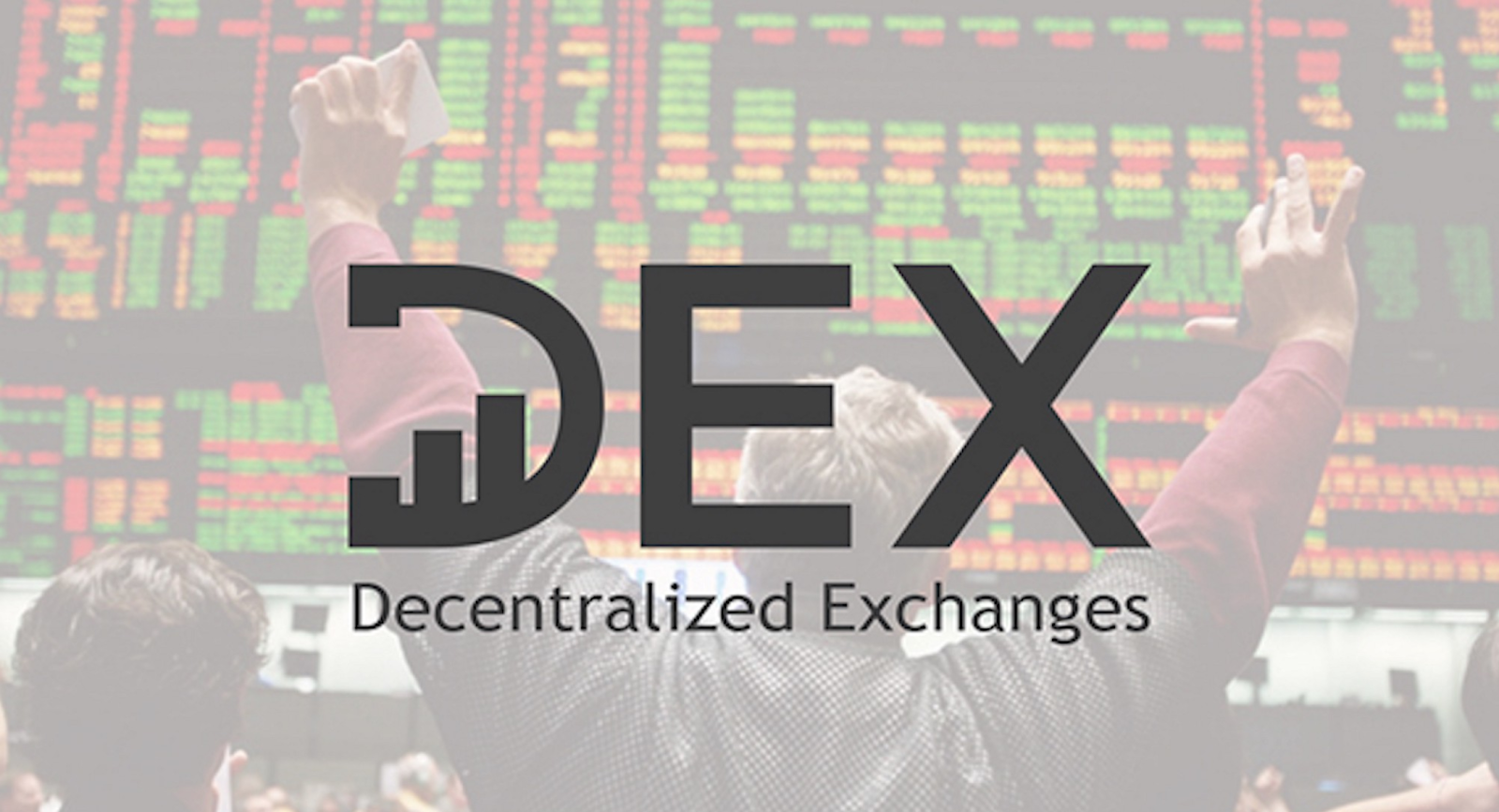By Staff Writer
HK-based OAX Foundation has released the code for a trustless exchange protocol that aims to address some of the key vulnerabilities such as hacking and dispute resolution often associated with current crypto exchange models.
The new Layer 2 Exchange (L2X) protocol has been developed in association with its partner Enuma Technologies, according to a statement.
Currently, digital asset trading either takes place on centralized exchanges, which have persistently proved vulnerable to hacking, or in decentralized environments, which have speed and governance issues.
The original test-net version focused on solving the scalability challenge of decentralized exchanges.
The new version includes a number of updates, including co-operative order cancellation, operator support for encrypted wallets and code refactoring to simplify integration.
Most significant upgrade, however, is the addition of the ability for the dispute resolution process to take place on-chain. This means that disputes between platform users can be settled directly, without having to place trust in a third party such as a custodian.
The new version is also “non-custodial” (users are the sole custodians of their accounts), “non-collateralized” (no need for expensive collateral), “perfomant” ( as efficient centralized exchanges), and “scalable” (nodes can be added to increase system capacity and throughput), the statement said.
In addition, the release is being made open source under the MIT license, allowing the community to examine and develop the code further.
Amanda Liu, general manager of OAX Foundation, said the latest breakthrough in on-chain dispute resolution a major step forward for the industry, and open-sourcing it reflects the foundation’s commitment to sharing the achievements with the wider community.
The code can be accessed via the OAX Foundation GitHub page. More details about the technical specification of the protocol can be found in the paper published by OAX Foundation and Enuma Technologies in June.
